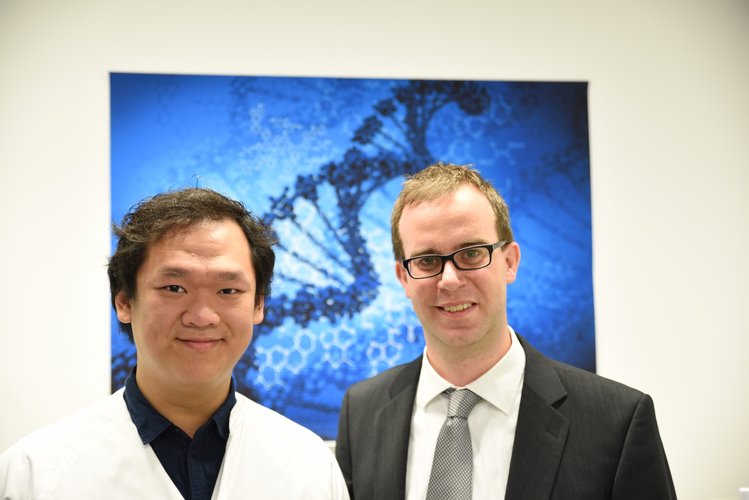Newly discovered rare disease helps understand the complexity of bowel homeostasis
Share
A single-gene mutation may cause a severe bowel disease in children. This could be shown in a recent study by an international research team led by Kaan Boztug at CeMM Research Center for Molecular Medicine of the Austrian Academy of Sciences and the Ludwig Boltzmann Institute for Rare and Undiagnosed Diseases (LBI-RUD) together with Michael Lenardo, National Institute of Health (NIH), Bethesda.
The newly discovered alterations lead to total loss of a protein called CD55, causing life-threatening bowel inflammation, chronic diarrhea and vascular thrombosis. The researchers unraveled the underlying molecular mechanisms and discovered previously unknown regulatory pathways relevant to bowel homeostasis. As a consequence of their findings, the researchers could identify a clinically approved drug which may specifically interfere with aberrant signaling involved in this previously unknown disease. The study, co-first-authored by Rico Chandra Ardy, has now been published in the renowned New England Journal of Medicine.

